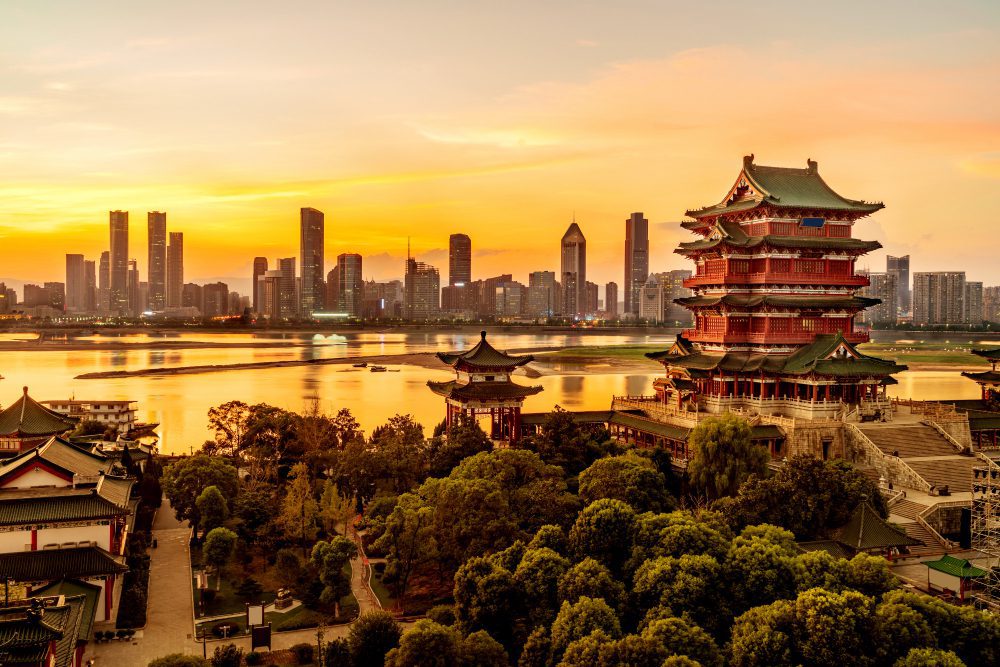Executive Summary
The Story So Far
Why This Matters
Who Thinks What?
The Biden administration is intensifying its scrutiny of China’s economic practices, particularly focusing on its extensive use of industrial subsidies and non-market policies that are perceived to distort global trade. This renewed focus comes as the U.S. seeks to counter what it views as an unfair competitive advantage gained by Chinese industries, following a period where the Trump administration also imposed significant tariffs and trade restrictions.
U.S. Concerns Over China’s Industrial Subsidies
U.S. Treasury Secretary Janet Yellen recently highlighted these concerns during a congressional hearing, asserting that China’s industrial policies are creating “overcapacity” in global markets. This overcapacity, she argued, is not driven by market forces but by government support, leading to depressed prices and threatening the viability of industries in other countries, including the United States.
The administration is particularly worried about the impact on emerging sectors such as electric vehicles, solar panels, and advanced batteries. These industries are considered crucial for future economic growth and national security, and the U.S. aims to prevent China from dominating them through state-backed advantages.
Historical Context and Previous Administrations
Trump Administration’s Approach
The current administration’s stance builds upon the actions taken by President Donald Trump, who initiated a trade war with China, imposing tariffs on hundreds of billions of dollars worth of Chinese goods. Trump’s administration cited intellectual property theft, forced technology transfers, and market access barriers as primary justifications for these measures.
While President Trump’s approach was characterized by a more confrontational style and unilateral tariff actions, the underlying concerns about China’s state-led economic model share common ground with the current administration’s focus on subsidies and overcapacity.
Biden Administration’s Strategy
The Biden administration has largely maintained the tariffs imposed by President Trump, while also pursuing a strategy that emphasizes alliances and multilateral cooperation to address China’s economic practices. Secretary Yellen’s recent comments underscore a shift towards explicitly targeting industrial subsidies as a core issue.
This approach involves working with allies to pressure China to adhere to international trade norms and reduce state intervention in its economy. The U.S. is also investing heavily in domestic manufacturing and supply chains to reduce reliance on China and bolster its own industrial base.
Global Economic Impact
The U.S. government’s concerns reflect broader anxieties among Western nations about China’s economic model. Critics argue that China’s reliance on state-backed enterprises and extensive subsidies creates an uneven playing field, making it difficult for foreign companies to compete fairly both within China and in global markets.
The potential for global overcapacity in key industries could lead to significant trade disputes and economic friction. As the world transitions to a green economy, the competition in sectors like renewable energy and electric vehicles is intensifying, making the issue of fair competition even more critical.
Key Takeaways
The Biden administration is intensifying its focus on China’s industrial subsidies and non-market policies, citing concerns about global overcapacity and unfair competition. This strategy largely continues the critical stance of the Trump administration but with a renewed emphasis on the specific issue of subsidies. The U.S. aims to protect its emerging industries and is engaging with allies to address these economic challenges, potentially leading to further international trade discussions and policy adjustments.








